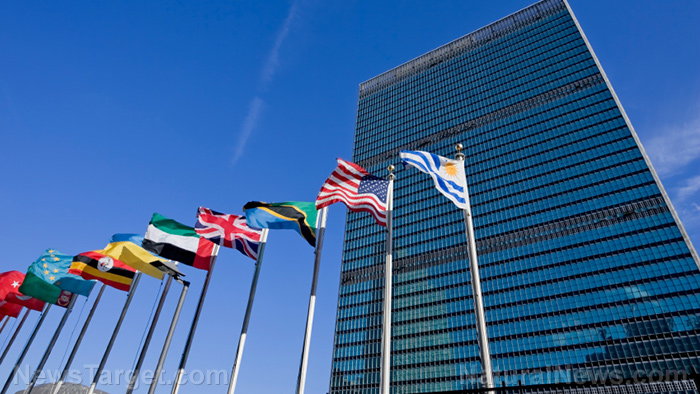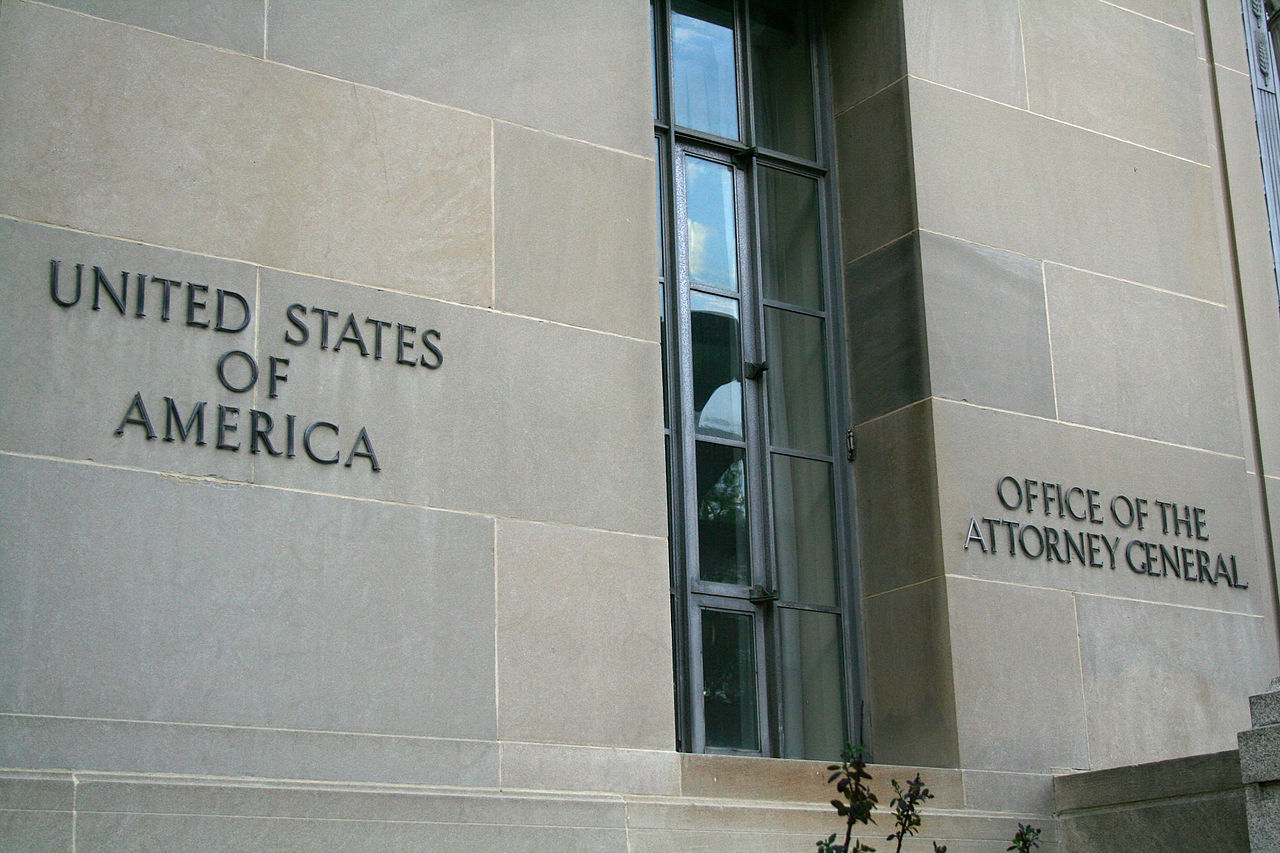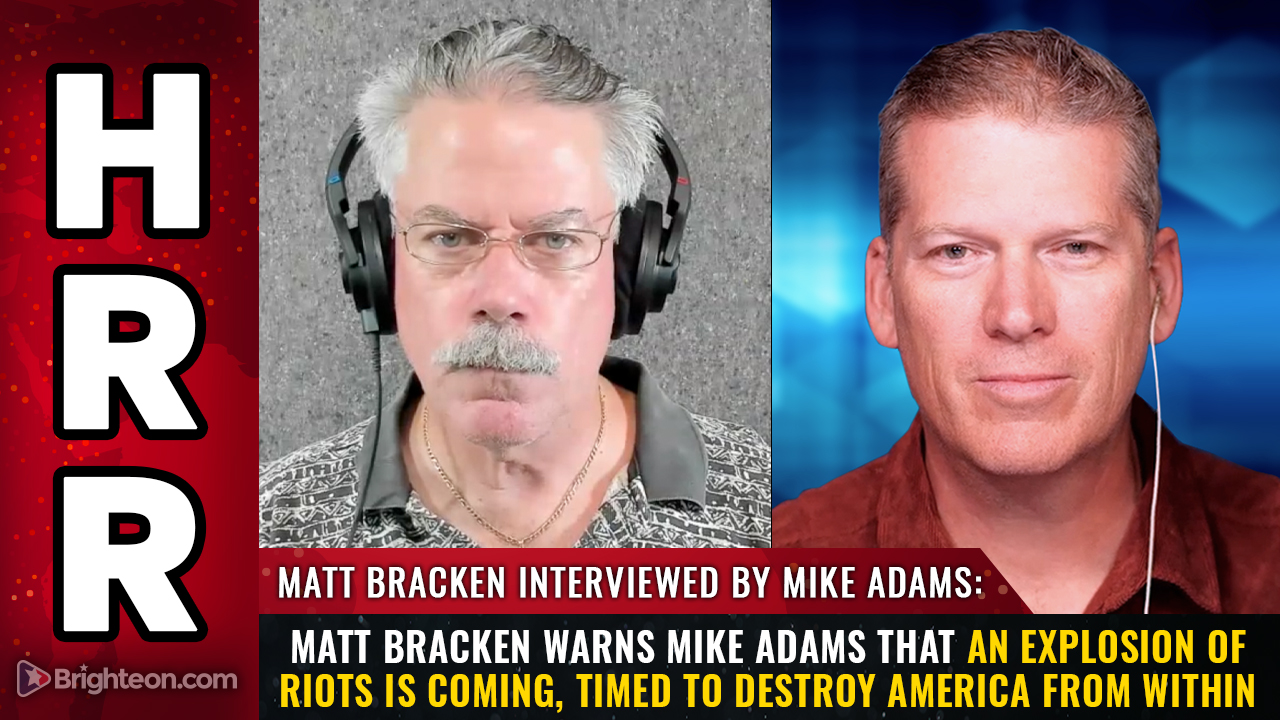
- A key hearing is scheduled in a judicial showdown involving the withheld details of FBI-Twitter meetings under Biden’s administration.
- Judicial Watch seeks transparency around meetings tied to suppressing the 2020 Hunter Biden laptop story.
- Records show federal agencies and tech firms collaborated to flag and remove election “misinformation.”
- Missouri and Louisiana sued administration officials, alleging collusion with tech giants to suppress conservative viewpoints.
- The group has uncovered systemic censorship and is leveraging lawsuits to combat what it calls government overreach.
A federal judge will preside over a critical hearing on June 18 to determine whether the FBI must release records detailing clandestine meetings with Twitter executives during the 2020 election cycle. The outcome could expose whether federal law enforcement collaborated to suppress content critical of then-candidate Joe Biden’s administration, including the infamous Hunter Biden laptop story.
The case, Judicial Watch v. U.S. Department of Justice, focuses on the FBI’s refusal to disclose communication records from two meetings between agency officials and senior Twitter staff, including Vijaya Gadde and Jim Baker. These exchanges allegedly occurred during a period when tech companies blocked the New York Post from publishing details about Hunter Biden’s laptop in October 2020.
“Ignoring FOIA requests while using Twitter to censor Americans? It’s 2024, not 1984—but Dr. Zhivago comes to mind,” said Tom Fitton, Judicial Watch’s president, criticizing former FBI Director Christopher Wray’s administration for holding back records.
A history of coordinated censorship efforts
Documents obtained through prior FOIA requests reveal an orchestrated federal-tech alliance. In late 2020, state election officials funneled flagged posts to entities like the Election Integrity Partnership (EIP) and CISA, demanding social platforms suppress content about voting fraud. A December 2023 DHS report detailed a CISA-EIP joint operation to monitor “real-time narrative tracking” across Twitter, Facebook and TikTok ahead of the 2020 election.
The Election Integrity Partnership, a DHS-funded nonprofit, leaned on Big Tech to remove flagged content, including posts challenging mail-in ballot security. In a June 2024 uncovered email, Iowa officials collaborated with SKDK Strategies—a firm that lists Biden’s 2020 campaign as its top client—to pressure Platforms like YouTube into removing Judicial Watch’s election integrity videos.
Critics argue these actions criminalize dissent. “Calling disagreement with Biden ‘misinformation’ is a tool of power, not policy,” said Republican strategist Stewart Baker.
States go legal: Missouri and Louisiana challenge federal overreach
Missouri’s attorney general and Louisiana’s GOP legislature are taking on Biden officials, including former press secretary Jen Psaki and Dr. Anthony Fauci. The states allege coordinated efforts to suppress narratives on Hunter Biden, the origins of the Biden administration’s pandemic policies and mail-in voting flaws.
“Federal agencies aren’t supposed to run social media censorship boards,” said Missouri AG Eric Schmitt. “This case tests whether the First Amendment dies at the keyboard.”
The Hunter Biden controversy: A litmus test for transparency
Central to the debate is the Biden laptop story, which Matt Taibbi’s Twitter Files expose as a cornerstone of past censorship. In October 2020, the FBI reportedly pressured tech companies to suppress content about Hunter Biden’s Delaware server, with Twitter’s Gadde confirming internal discussions and regulatory concerns.
FBI Director Kash Patel—who claims his agency is entering “a new era of transparency”—faces scrutiny as his predecessors’ actions remain classified. “If the FBI won’t fix its own leaks, inertia and lies, lawsuits will,” Fitton stated.
Democracy’s escape clause?
The June hearing could set a precedent for transparency in U.S. election administration. Yet tensions persist over censored content, redacted records and the blurred line between combating misinformation and suffocating dissent.
In an era of “real-time narrative tracking,” one question lingers: Can free speech survive algorithms?
Sources for this article include:
Please contact us for more information.






















